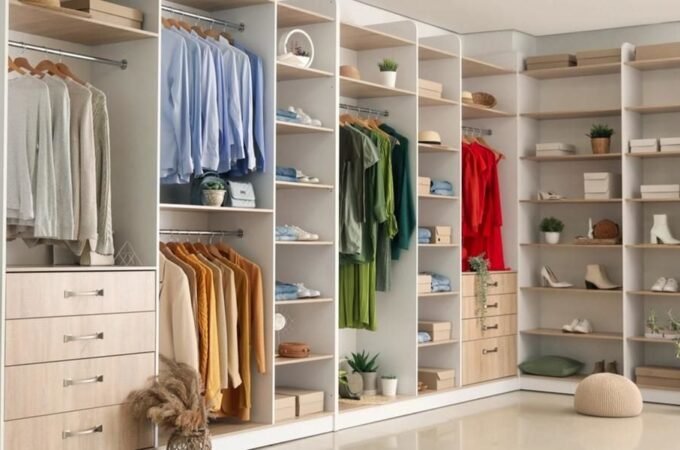
Are Butcher Block Kitchen Counters Worth It?
When remodeling or upgrading a kitchen, countertops are one of the biggest decisions homeowners face. From quartz and granite to laminate and butcher block, each material comes with unique benefits and drawbacks. Butcher block kitchen counters, in particular, have gained popularity for their warm, natural look and affordable price point. But are they truly worth the investment? Let’s explore the pros and cons to help you decide.
Table of Contents
ToggleThe Appeal of Butcher Block Counters
Butcher block countertops are made from thick strips of wood that are bonded together to create a solid surface. They bring a rustic, inviting feel to kitchens and can easily blend with a variety of design styles, from farmhouse to modern minimalism.
Unlike stone or engineered materials, butcher block offers a soft, warm texture that makes the kitchen feel cozy and welcoming. Many homeowners love the natural charm that wood adds to their space.
Pros of Butcher Block Kitchen Counters
1. Natural Beauty
Butcher block countertops add warmth and character. The wood grain patterns are unique to each piece, giving your kitchen a personalized, one-of-a-kind look.
2. Affordable Option
Compared to granite or quartz, butcher block can be more budget-friendly. It provides a stylish countertop solution without the high price tag.
3. Easy to Refinish
One of the standout features of butcher block is its ability to be sanded and refinished. If scratches, stains, or burn marks appear, the surface can be restored, unlike stone or laminate which may require replacement.
4. Eco-Friendly Choice
Sustainably sourced wood countertops are an environmentally friendly option. Many homeowners appreciate the renewable and biodegradable qualities of butcher block.
Cons of Butcher Block Kitchen Counters
1. Maintenance Requirements
Unlike quartz or granite, butcher block requires regular oiling to prevent drying and cracking. Without proper care, the wood can warp or split over time.
2. Vulnerability to Damage
Wood is softer than stone, making butcher block more prone to scratches, dents, and burns. While these can be sanded out, it adds to long-term upkeep.
3. Staining and Water Damage
Because wood is porous, butcher block is more susceptible to stains from wine, oil, or acidic foods. Prolonged exposure to moisture can also cause swelling or mold growth if not sealed properly.
When Butcher Block Counters Make Sense
Butcher block counters are best suited for homeowners who:
- Enjoy the rustic, farmhouse, or organic style of natural wood.
- Don’t mind routine maintenance like oiling and resealing.
- Want a countertop material that can be refinished instead of replaced.
They may not be ideal for households that prefer low-maintenance solutions or kitchens that see heavy use and frequent spills.
Comparing Butcher Block to Other Options
While butcher block offers charm and affordability, other countertop materials like quartz or granite often provide longer-lasting durability. For homeowners seeking the beauty of natural stone with modern performance, collections such as Viatera kitchen counters combine elegance, stain resistance, and low-maintenance living in ways that wood surfaces can’t always match.
Final Thoughts
Butcher block kitchen counters can absolutely be worth it—if you’re prepared to commit to their maintenance needs and love their warm, natural appeal. They’re especially attractive for cozy, farmhouse-style kitchens or homeowners who want a renewable, refinished surface.
However, if your top priorities are durability, stain resistance, and ease of care, you may want to explore alternative materials like quartz. The decision ultimately depends on your lifestyle, design preferences, and how much effort you’re willing to put into maintaining your counters.






